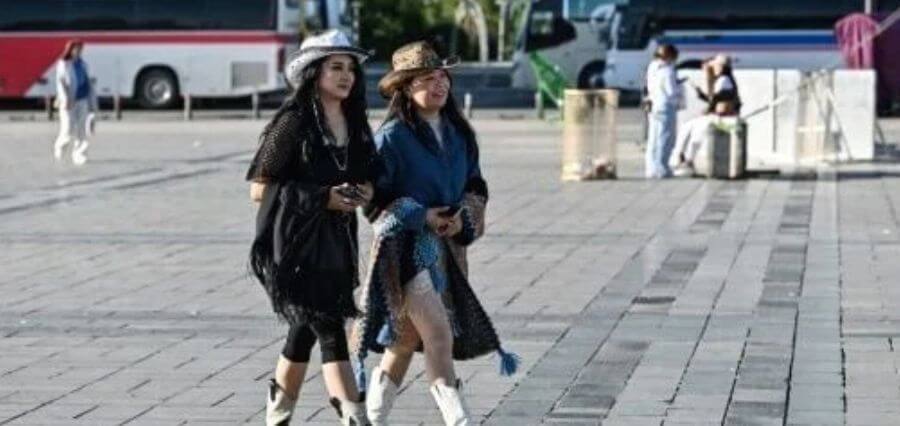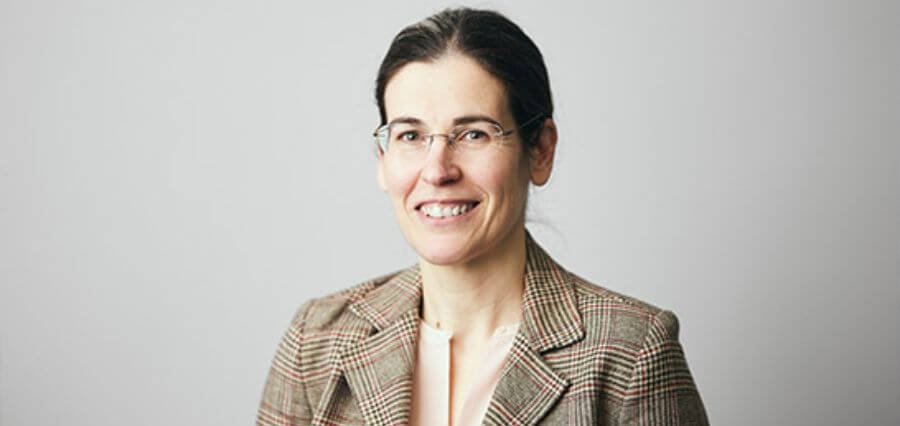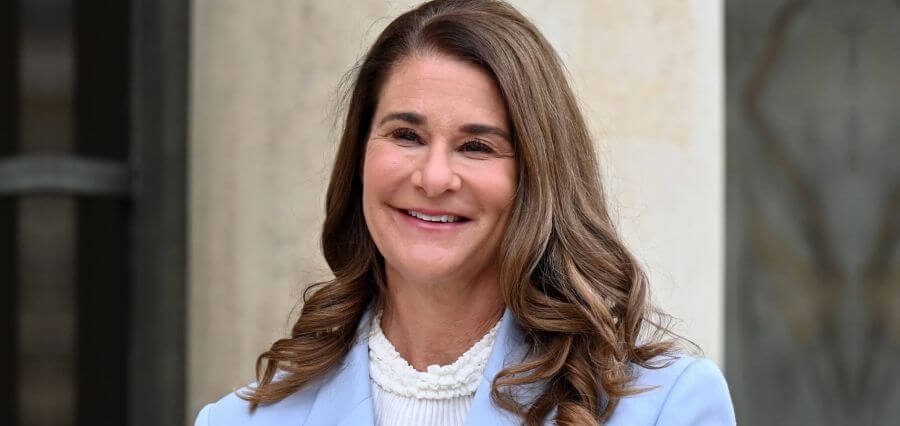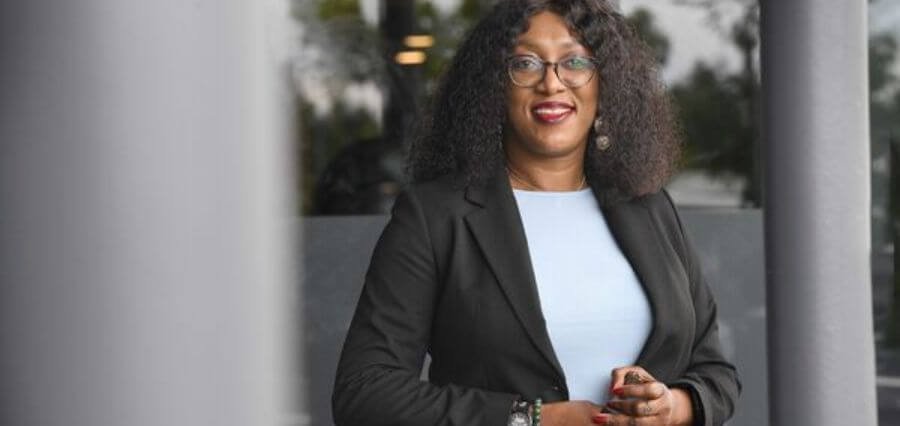Women candidates in Mongolia are striving for greater representation in the country’s male-dominated political landscape, advocating for change and inspiring the next generation of girls. As Mongolians prepare to vote in parliamentary elections on Friday, the ruling Mongolian People’s Party is expected to maintain its majority, which it has held for eight years.
For the first time in nearly a decade, a law requires parties to ensure that 30 percent of their candidates are women, in a country where politics is largely dominated by men. Consequently, more women than ever before are running in this election, utilizing a new voting system that combines proportional representation with district candidates elected directly by the people.
“The era we are living in demands the quota,” said Dorjzodov Enkhtuya, a 51-year-old former TV anchor running for the main opposition Democratic Party, in Ulaanbaatar. “There are almost no women in decision-making positions,” she added. “We are changing the game.”
Gender inequalities in Mongolia are particularly severe in the vast countryside, where traditional nomadic life follows strict patriarchal norms. However, even in rural areas, attitudes are gradually changing. In 2022, the government appointed Enkhbat Bolormaa as the country’s first female governor in the western province of Khovd, sparking national debate. Provincial governors in Mongolia typically participate in traditional ceremonies usually reserved for men.
“There were public discussions about whether a woman can be a governor,” said Khurelbaatar Baasanjargal, a 42-year-old lawyer and ruling party candidate. “But our first female governor has been doing everything that male governors can do,” she noted. “This was like a different world, especially for rural people.”
In urban areas, many issues disproportionately affect women. Women running for office emphasize that women’s issues are Mongolia’s issues. For example, air pollution often forces working mothers to stay home to care for sick children. Poor city planning leaves few places for children to play. High inflation makes grocery shopping more challenging, a task often handled by women.
In a quiet suburb of Ulaanbaatar, surrounded by purple and yellow balloons bearing her party’s colors, 41-year-old candidate Baatarjav Munkhsoyol explained the additional challenges women face in politics. “Elections are a game of money and an enormous expense — smear campaigns are common,” said Munkhsoyol, a candidate for the minor center-right anti-corruption HUN party.





